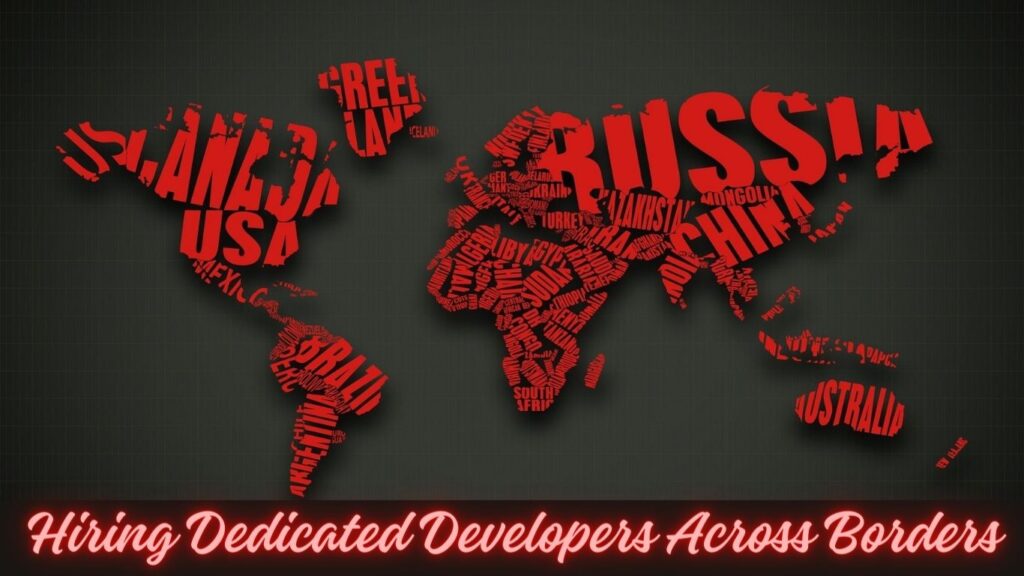Each location offers a unique set of challenges and opportunities. In this article, we’re going to look at the specifics of hiring remote developers in Portugal, India, Brazil, Japan, and Ukraine, unraveling the cultural, regulatory, and technological nuances that shape the landscape of remote software development.
Hiring Remote Developers in Portugal
Launching a Development Center in Portugal positions a company strategically at the crossroads of European innovation. Portugal, known for its burgeoning tech scene, offers a unique blend of skilled developers and a vibrant startup ecosystem.
Leveraging language diversity for enhanced collaboration is a key asset, while technology acts as the essential conduit, connecting talent seamlessly across borders. The Development Center in Portugal serves as a launchpad for not just project execution but also as a hub for continuous professional development and global excellence.
Hiring Remote Developers in India
Venturing into India as a hub for a Development Center propels a company into the powerhouse of IT talent. India’s tech-savvy workforce, strong educational foundations, and cost-effective development solutions make it an attractive destination. However, the challenges lie in navigating the vast time zone differences and ensuring effective communication across diverse cultural contexts.
Building a unified company culture becomes paramount, fostering a sense of unity among remote developers scattered across India’s geographically diverse landscape. Transparent communication, regular video conferences, and cross-cultural training initiatives play a pivotal role in forging a cohesive team. Recognizing and adapting to India’s regulatory landscape and embracing technology as a bridge are key factors in unlocking the potential of this vast talent pool.
Hiring Remote Developers in Brazil
Brazil’s burgeoning tech ecosystem, coupled with a culturally diverse workforce, offers a unique flavor to the global team. The challenges include navigating through Brazil’s legal intricacies, embracing language diversity, and creating a cohesive company culture that resonates with the Brazilian ethos.
The time zone dynamics may pose challenges, but with adept management and the right technology tools, Brazil has become a dynamic hub for round-the-clock productivity. Remote developers from Brazil, connected through virtual channels, contribute not only to project success but also to a harmonious global work environment.
Hiring Remote Developers in Japan
Selecting Japan as the location for a Development Center brings together the richness of tradition and the prowess of technological innovation. Japan’s strong emphasis on precision and quality aligns seamlessly with the demands of software development. However, overcoming language barriers and adapting to Japan’s unique business culture requires nuanced strategies.
The challenges of time zone differences necessitate meticulous scheduling, but the commitment to transparent communication and agile methodologies optimizes productivity. Japan’s regulatory landscape demands thorough understanding, and the introduction of technology as a unifying force becomes crucial.
Hiring Remote Developers in Ukraine
Unveiling the tech potential of Eastern Europe, a Development Center in Ukraine taps into a robust pool of skilled developers and a rapidly growing tech community. Ukraine’s advantageous cost-effectiveness, coupled with its deep talent pool, makes it an emerging destination for remote development. Challenges include navigating through Ukraine’s unique legal landscape and fostering a collaborative mindset across diverse cultural backgrounds.
Time zone synchronization becomes imperative, and technology acts as a bridge connecting Ukraine’s developers with global teams. Leveraging the cultural diversity within the remote team becomes a strength, enhancing innovation and problem-solving capabilities.
In hiring remote developers across diverse countries, each locale offers a unique set of challenges and opportunities. Navigating through these intricacies demands strategic planning, adept management, and a commitment to fostering a unified global team.


